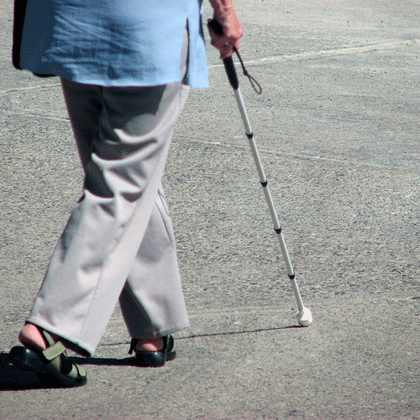
Causes of Vision Loss In Older People
A sudden change in vision or flashes of light could be important signals and you should see an ophthalmologist right away. This would be a physician who specializes in treating eyes. Don't delay. Describe your symptoms to the person who makes appointments and get yourself in as soon as possible.
Cataracts
A cataract is a clouding of the lens of the eye. According to the National Institutes of Health, by age 80, more than half of all the people in the United States either have a cataract or have had cataract surgery.
Modern cataract surgery is safe and effective. The Mayo Clinic offers an excellent article on cataract surgery.
Age-Related Macular Degeneration
Macular Degeneration is a serious disease and is the leading cause of blindness among people aged 65 and older.
Age-related macular degeneration (AMD) is more common in people over 60. It can cause a partial loss of vision. "Wet" AMD happens when new, unwanted, leaky blood vessels grow in the eye. It can be treated with medicine. "Dry" AMD is a slower process and does not have a specific treatment. But certain doses of vitamin and minerals may slow or stop it. Ask your doctor about that. Vision rehabilitation may help you adjust to life with AMD.
The dry type of AMD affects 9 out of 10 people with macular degeneration. It causes more gradual, subtle vision loss from the breakdown of cells in the retina. For example, you may see parts of letters, or straight lines may appear wavy. The dry type of AMD can develop into the wet type. Symptoms include:
Hazy vision
Needing extra light
Having trouble when going from bright to low light
Trouble reading or recognizing people's faces
Colors appearing less vivid
The wet type of AMD causes sudden, severe loss of central vision from leaking blood vessels growing in or under the retina. You may see a large dark spot in the center of your vision, known as a scotoma, or blind spot. If you have these blind spots, see an eye doctor right away. Symptoms include:
Distorted vision
Objects appearing a different size for each eye
Colors appearing less vivid or differently in each eye
Those who have Macular Degeneration rarely lose all of their vision. Though they have poor central vision, most can walk around, dress themselves, and perform many of their normal daily tasks. Reduction in central vision occurs gradually over many years. Recently, laser treatments are being recommended to treat Macular Degeneration.
Detached Retina
There is a sac inside the eye that is filled with a jelly-like material. As we age, that sac pulls away from the back of he eye. This is a normal part of the ageing process.
Sometimes, in the process of pulling away, the retina will tear and the result can be a detachment of the retina from the rear of the eye. Flashes and floaters may be symptoms of retinal detachment.
Detached retinas can be repaired with surgery, including laser surgery.
Glaucoma
Most people have no early symptoms of Glaucoma and are unaware of their condition. Glaucoma can result in blindness if it goes untreated. Treatment usually involves painless eye drops at bedtime.

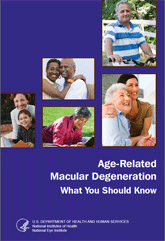
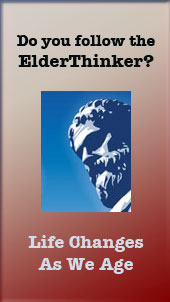


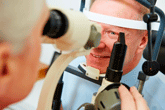
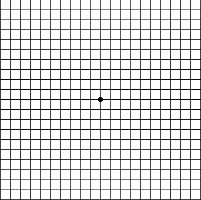
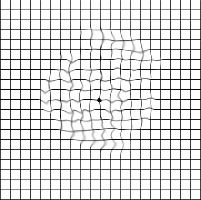
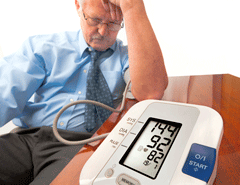
Your Comments